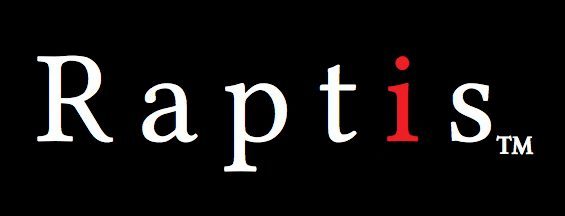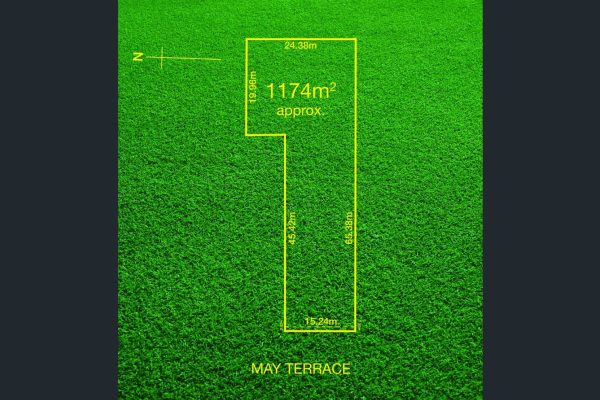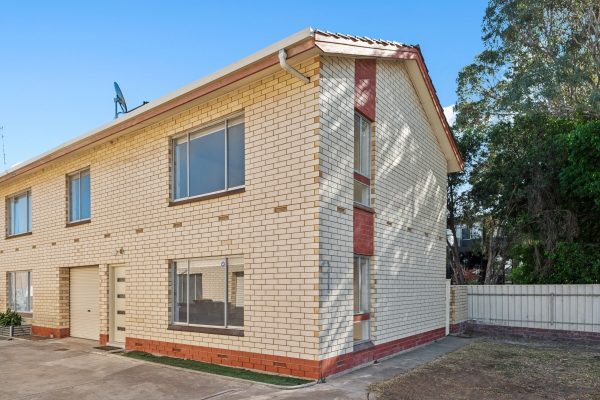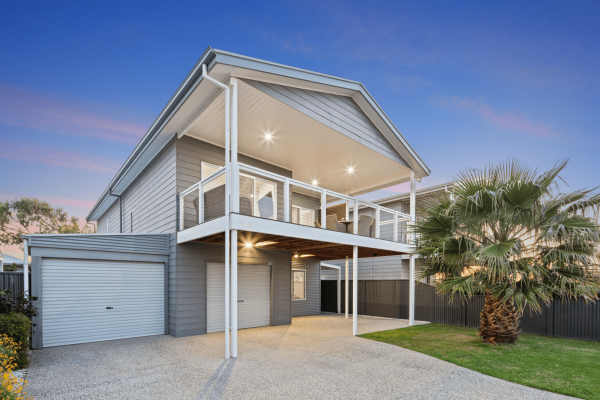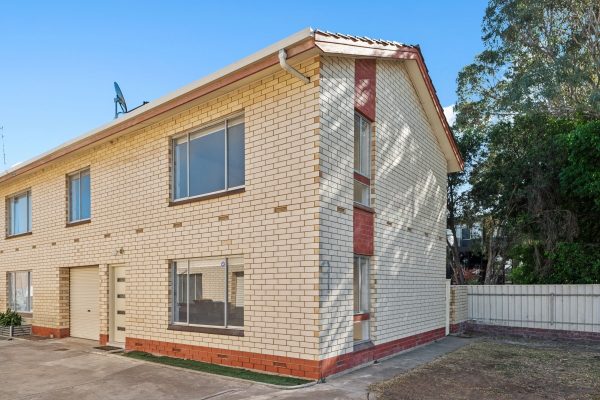Full Article: http://www.news.com.au/finance/real-estate/buying/the-five-biggest-property-buying-fails-and-how-to-avoid-them/news-story/25fe707a6d6af5260bac3a20bbb48086
BUYING your forever home is one of life’s most exciting and emotional milestones. But it is also going to be your biggest commitment.
And in a competitive property market, the emotions of home buying can be amplified, making it even easier for first home hopefuls to make mistakes that could cost thousands.
These are the five most common buying fails property punters make, according Darren Piper, director of Universal Buyers Agents, and how to avoid them.
FALLING IN LOVE
Getting too emotionally invested in a home when house hunting is the biggest price driver, according to Mr Piper.
Once a buyer starts making decisions with their hearts instead of their heads, that’s when they overlook important issues, cloud their judgment, and ultimately end up paying too much for a property. In fact, real estate agents will be looking out for emotion they can play off.
“Certain comments you make when you are in the property make the price go north, so to speak,” Mr Piper, who was a real estate agent before becoming a buyers agent, told news.com.au.
“I’ve seen time and time again owner occupiers — it doesn’t happen so much with investors — walk into a property and start planning where furniture goes. It is certain comments like that where the agent will be rubbing their hands together.”
To avoid letting your emotions lead to an inflated price, Mr Piper said buyers have got to take a step back put on their best “poker face”.
“You really have got to have your poker face on and hold your emotions back. When you are a selling agent and you have a buyer coming through making comments like that, that shows a certain level of commitment and agents love that. It means the person is falling in love with the property and emotion is the biggest price driver,” he said.
Controlling your emotions becomes even more important if the buyer has missed out on a few properties previously or if the property is marketed as “by negotiation” with no price.
TRUSTING THE LISTING PRICE
A listing price shouldn’t be blindly regarded as a definitive or accurate price guide, according to Mr Piper, because a listing price is influenced by the seller.
House hunters need to be discerning, sceptical and inquisitive or they risk paying more than the property is worth.
“Buyers have this mindset that the selling agent is there to help them. But this really couldn’t be further from the truth,” Mr Piper told news.com.au.
“At the end of the day, the selling agent is paid by the seller to get the highest price. They are not there to make sure that the buyer buys it under market value.”
This is why Mr Piper said buyers should take the listing price with a grain of salt and do their own homework.
“A property could be listed at $750,000 and you see buyers go in and think if they could get it at $710,000 they have got a good deal. But in actual fact, if you do your homework and look at comparable sales in the area, the home might only be worth $670,000.
“Buyers are guided by the list price but I say to every client I deal with to forget the list price. It is really about where [the property] sits in the market.”

It is easier to make a big buying mistake in a competitive market.Source:istock
NOT DOING ENOUGH RESEARCH
Your real estate research shouldn’t stop at looking at comparable sales in the area, though. To ensure there are no surprises when you move in, you need to do a whole lot more research than you may think.
“It varies slightly from if you are buying a house or a unit. If you are buying a house, you need to check if there are any easements on the block, such as powerlines or underwater sewerage, which means you can’t dig on the land if you want to develop or renovate.
“Are there any development applications nearby? Especially in the inner city market, you hear horror stories of people who have bought property but haven’t looked if there are any development applications nearby and three months later the house next door has been knocked down and there are units going up.”
When it comes to apartments, Mr Piper said it’s important to go beyond looking at the cost of the quarterly body corporate payments.
“Is there a special levy in place? How healthy is the sinking fund? You hear stories where people buy an apartment in the complex and the sinking fund might have next to nothing in it. If there isn’t enough money in the sinking fund and there needs to be work done, they will have to put a special levy in place so your quarterly payments could increase from $1000 a quarter to $3000 a quarter.
“A lot of people just don’t go that step further and it can cause some severe heartaches in the long term.”
NOT GETTING A PRE-APPROVAL
Getting your finances in order before the property hunt makes the process a whole lot easier. This means going to your bank or mortgage broker and getting a pre-approval for your home loan. A pre-approval is where your loan limit is approved for a certain time, usually around three to six months.
Providing your circumstances don’t change, a pre-approval will allow a buyer to know exactly how much they can afford to pay for a property and gives them the freedom to make an offer on knowing their finance is already organised.
“I would strongly advise the client has a pre-approval in place. There is nothing worse than someone buying a property and having a 14-day finance clause in it but then the bank comes back and says they won’t lend you that much.
“It is important to know what capacity you’ve got right from the start so you’re not only wasting your time but everyone else’s as well.”
UNDERESTIMATING OTHER COSTS
There are so many more costs involved in purchasing a property than just the property itself — and they can add up to thousands of dollars extra.
Before even purchasing a property, buyers need to account for building inspections and reports, strata reports, pest inspections and council inspections.
And after purchasing a home, there are insurance costs, moving costs, stamp duty, council rates and transfer fees.
“People are aware there are other costs but often they don’t understand how much the costs are,” Mr Piper told news.com.au.
“Especially with first home buyers because they haven’t been through the process before.”
